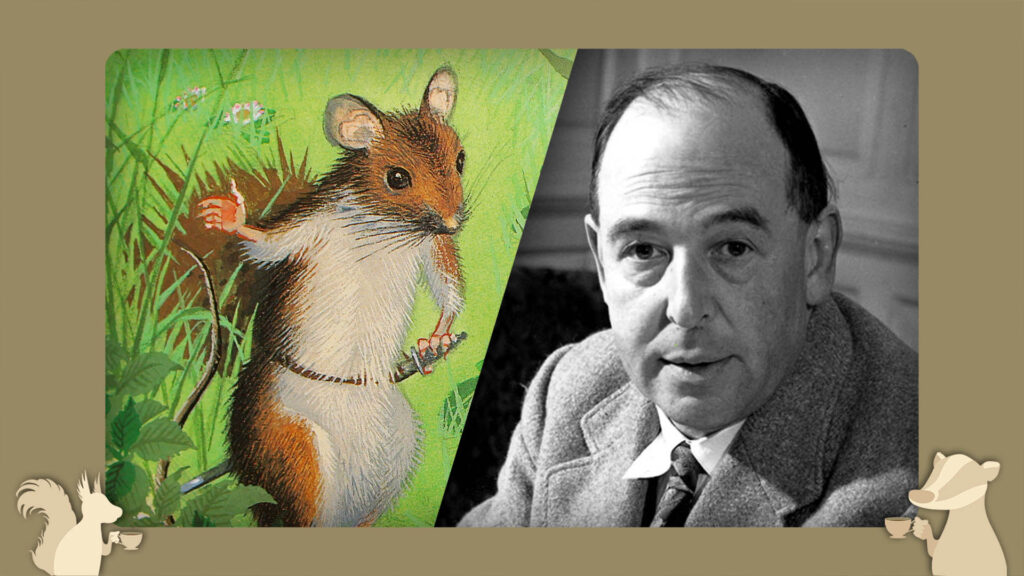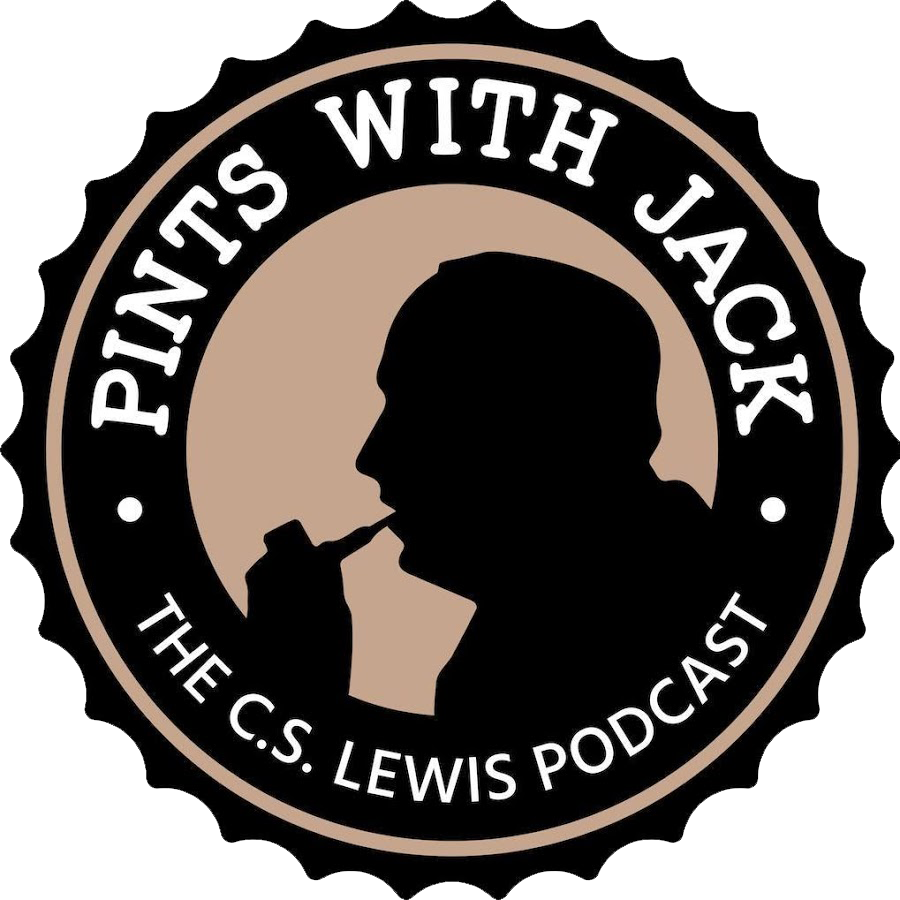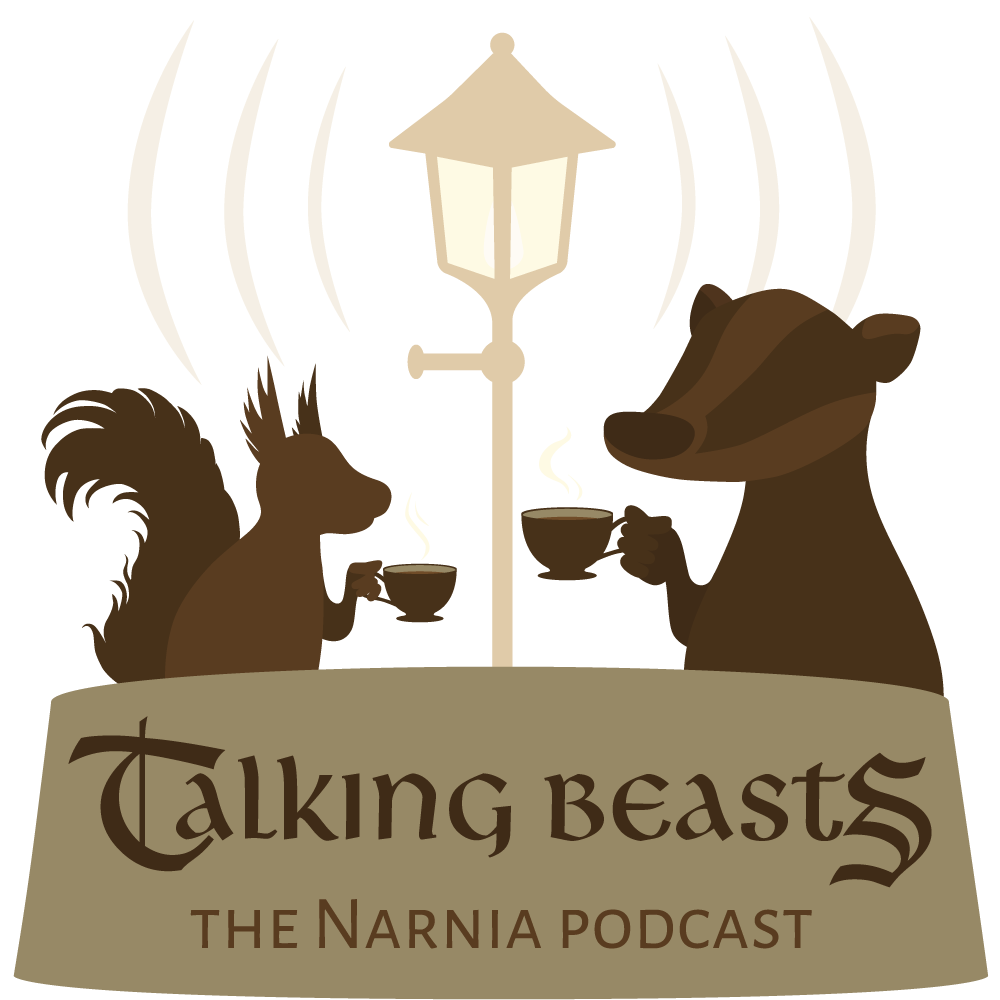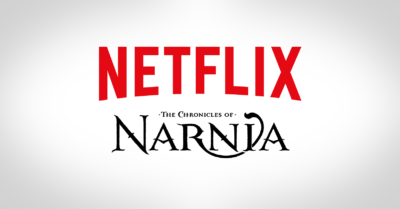3 Things in Narnia That Are Pure C.S. Lewis | Talking Beasts

Podcast: Play in new window | Embed
The Chronicles of Narnia might feel out of place among the rest of C.S. Lewis’s works, which include The Screwtape Letters, Mere Christianity, and The Problem of Pain. The Narnia books were the only ones Lewis wrote for children. But, if you look closely, they fit right in. In this episode, the podcasters discuss some examples.
Special Guest:
David Bates, Pints with Jack
Bonus: The podcasters talk about why Lewis remains relevant in 2021.
Narnia book discussions on Pints with Jack:
Follow Pints with Jack on YouTube as well.








I’m rereading A Horse and His Boy right now, and the theme of longing Lewis had in his works is so relatable, especially as a fellow Christian. Call me an optimist, but I’m sure the people of Netflix have the capabilities of making a Narnia adaptation that will do the books justice, especially if they listen to fan feedback.
I very much enjoyed the discussion about how evil is generally something good that has been twisted, and how that relates to compelling storytelling, particularly with villains and anti-heroes. It’s for this reason Zuko and Azula are much more interesting than Ozai. Zuko wants to be honorable and both want the approval of their father, but since Ozai is just terrible, they both destroy villages and people in their pursuit of the Avatar and/or the conquest of the other nations. This is also partly the reason that the recent Marvel Disney+ shows have been so well received, Wanda is trying to process her grief, Karli is trying to help displaced citizens the governments have disregarded, Walker is trying prove himself as a worthy successor to Steve Rogers. But how they’re going about their goals is detrimental to many others, and is forging incredibly layered characters and compelling character-driven stories.
For me, Netflix’s original content is very hit or miss. My favorite series is probably Daredevil, which is very good at its subtle themes and ideas, so I would hope Netflix can do similar with Narnia and not go the easy route and start hitting us over the head with some sort of “And the moral of the story is _____”
I am so going to listen to Pints With Jack now, what a great episode guys, it was a pleasure to listen to, thank you!
Child of the King: SonofStone
Oh all such good examples of complex characters and how evil is twisted good! Great examples from both Avatar the last Airbender and Marvel. Such a good point and I can’t wait to listen to this episode
Loved that you touched on the idea of longing in Narnia- I’m pretty sure that’s the theme that has drawn most of us to these books.
Also, I definitely agree that Lewis’s definition of evil aligns with what makes a great fictional villain. It does make me realize how much worldview can affect the quality of an author’s creation. Someone who believed in “pure evil” would be hard pressed to come up with a truly compelling villian- hence the failure of the Walden Voyage of the Dawn Treader and its “pure evil” green mist. (Though how you would make a compelling character out of a big cloud of vapor I don’t know).
Great podcast guys!
That was really fantastic, guys!! Thanks to David for providing those really interesting perspectives from his wealth of knowledge about Lewis. I will definitely have to check out “Pints with Jack” — and funnily enough, all the books David suggested at the end, as “what to read next after Narnia”, are the ones I’ve been thinking of reading!! Will be taking that up when I can…
If they had emphasized the journey to Aslan’s country more the Dawn Treader movie would have been much better. Yes, it is in the movie, but it does not have the same importance as in the book. Of all of the characters it was the life story of Reepicheep. In the movie we are taken on the voyage as a boat trip, but it doesn’t have much more depth than that. I liked the movie, but I think of it being a journey which wasn’t serious enough. It didn’t capture the full meaning of the story, although I liked the acting and the film’s visual effects. So I can’t say the film was a complete failure, although it wasn’t nearly as good as it could have been. I think it was worth buying on blu-ray, and I have enjoyed repeated viewings of it as I have with the previous two films.
What a cool coincidence! The three non-Narnia books by C. S. Lewis that I’d recommend to newcomers would be the same ones as David Bates suggested. Well, I’d probably swap The Great Divorce with The Screwtape Letters. But if I weren’t allowed to use Screwtape I’d do Divorce.
While I love The Screwtape Letters, I don’t really get why people call it hilarious. I can think of individual quotes or letters that are funny, like Screwtape’s temper tantrum about the Patient’s girlfriend or his backpedaling on the subject of God’s love. But I wouldn’t describe the book as consistently funny. That’s not a knock on it. I don’t think it’s trying to be particularly humorous. I mean it’s whimsical, I guess, but not laugh out loud funny.
It’s definitely true that each Narnia book has a different feel to it. Different locations, different themes, different antagonists. But I feel like this episode kind of exaggerates how stark the differences between the books are. The prose style for each book feels exactly the same to me. And while there’s a variety of themes, there are definitely ones that recur. For example, there was an episode of Talking Beasts recently that talked about how a positive portrayal of the monarchy is a consistent part of the books. Each one feels different to me but also the same. If you were to remove the word, Narnia, from the first chapters of The Horse and his Boy, The Magician’s Nephew and The Last Battle (the Narnia books with the three most unique openings), a first time reader might not guess that they were all part of the same series, but they’d guess that they were written by the same author. By contrast, I don’t think anyone would guess that the first chapters of Out of the Silent Planet, The Great Divorce and Till We Have Faces were written by the same author. (Especially since the first chapter of that last book is so much better than the first chapters of the other two, but I digress.)
I really don’t recommend Joseph Pearce’s literary criticism. Actually, that’s not true. I do recommend it but only as an alternative take. I wouldn’t want him to be presented as the sole authority on a book because his perspective is so biased. (Of course, he’s hardly the only offender in the area when it comes to Shakespeare criticism-or even the worst one!) For example, he insists that Portia from The Merchant of Venice can’t be a racist, despite her describing her Moroccan suitor as having “the complexion of a devil”, because, well, mostly because he really likes the character of Portia and can’t stand the idea of her having any flaw, even one that was unintentional on Shakespeare’s part. His analysis tends to make Portia sound like a wisdom dispensing saint, which is definitely an aspect of the character, but she could just as easily be described as being like Bugs Bunny. He takes the interpretation that it was wrong for Desdemona to marry against her father’s wishes, which is a refreshingly uncommon take worth considering. But I don’t think it’s cut and dried that it’s the right take. By Pearce’s own admission, insistence even, Jessica in The Merchant of Venice does the same thing and is portrayed sympathetically. So is Hermia in A Midsummer Night’s Dream. (Juliet and Bianca, like Desdemona are question marks.)
I think it’s good that Pearce’s perspective is out there for people to read because it’s a take on Shakespeare, which isn’t taught in many colleges. Shakespeare is such an ambiguous writer that his work lends itself to many interpretations worth considering. In too many colleges, professors either focus only on liberal interpretations or criticize Shakespeare for not being a liberal. But I’m not convinced Joseph Pearce’s approach of making Shakespeare simply an author of conservative propaganda is much better. Maybe his analysis of Narnia is better. I haven’t read as much of it. But the fact that he says C. S. Lewis would be a Catholic if he were living today makes me think he interprets any author he likes as holding the same views as himself.
I’m sorry that so much of this comment consists of disagreement with the podcasters. I really did enjoy the episode.